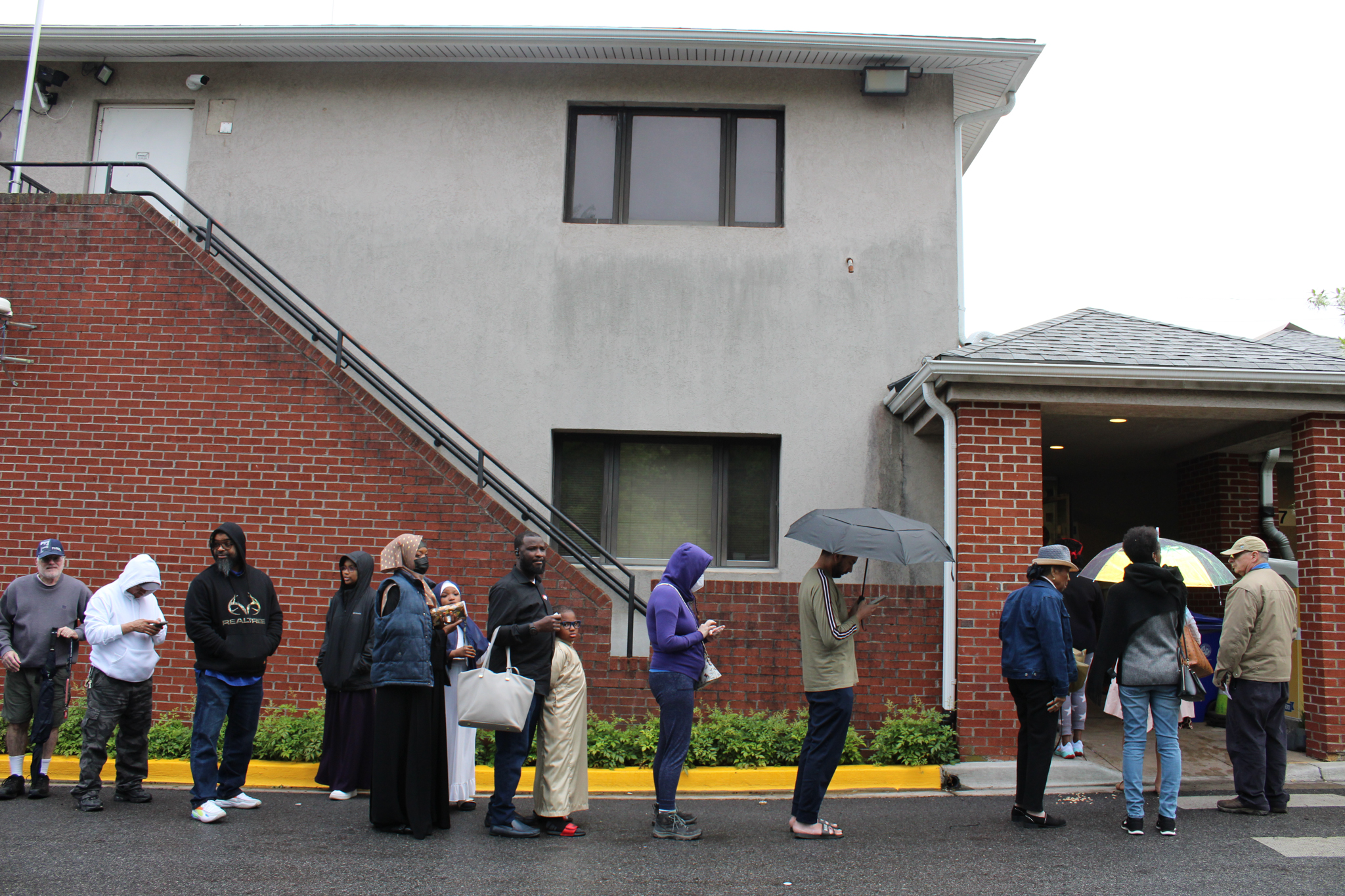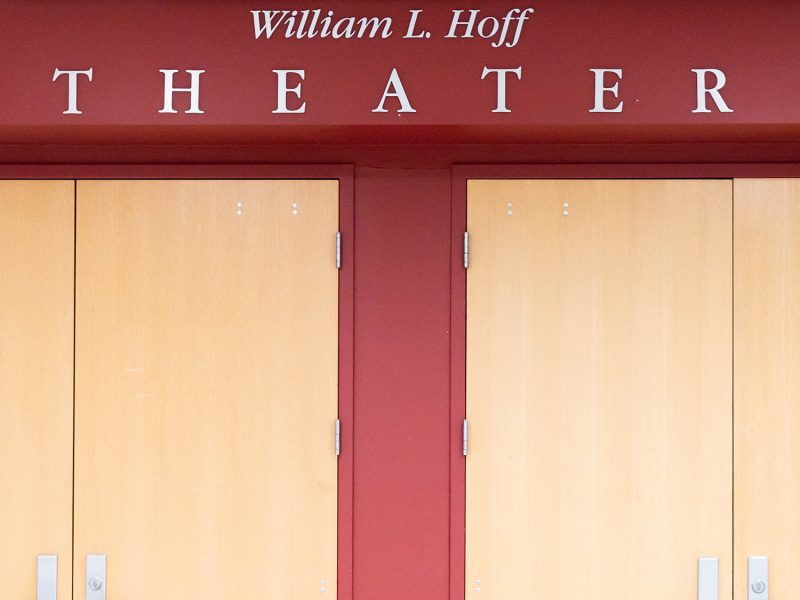Views expressed in opinion columns are the author’s own.
Fall is here, which means three things are upon us — pumpkin spice, cool weather and elections.
Here in College Park, residents are gearing up for next week’s city council election. Local elections are often just as important — if not more important — than state and federal elections. Unfortunately, they don’t receive nearly as much attention as they deserve.
More than 30 percent of voters do not complete their ballots, skipping over critical down-ballot contests at the county or city level. Fewer than 15 percent of eligible voters cast a ballot in municipal elections, and often vote even less in Board of Education races.
Part of the problem is insufficient and inaccessible candidate information. Current resources are usually found online in the forms of campaign websites or voter guides. This neglects voters who do not have internet access or aren’t technologically savvy. In-person candidate forums are also used to educate members of the public. But not everyone is aware of them and when they do, they can’t always attend.
Not all voters have extensive knowledge on every candidate running for office. Mailing informational sheets about candidates to every registered voter is a practical solution to help bridge that gap. Delivering basic candidate information would help the electorate know who’s running and what their stances are in a manner convenient to them.
Receiving quality information from an entity like the Board of Elections is an objective means to improve participation in key electoral contests. Not only would this benefit voters, but it could also curb negative political tactics.
When political campaigns get contentious, information on candidates can easily be warped. But in recent years, misinformation campaigns from national and foreign actors have eroded America’s confidence in democracy. Candidate information sheets offer candidates the chance to engage with all voters for free and rectify any misconceptions they might encounter.
Information sheets have the potential to reduce bias towards incumbents as well. Incumbent candidates benefit from name recognition and access to campaign war chests, allowing them to breeze through reelection bids. Since they don’t have to be as responsive to their constituents, this can make some incumbents feel out of touch.
Challengers have a harder time against names voters already know. Leveling the availability of basic information could help pave the way for potential political stars to rise above the challenge of name recognition.
The Maryland State Board of Elections already mails out unofficial sample ballots to help reduce the amount of time voters spend at the ballot box. There’s no reason this process can’t result in both efficient and effective outcomes, especially since the resources are already there.
Candidate information sheets can arrive in the same envelope as unofficial ballots. They could have biographical information on each candidate including their qualifications, self-reported policy statements and for those who have previously held office, voting records.
To ensure candidates do not report false information, election board members can use a nonpartisan fact-checking database to approve or reject candidates’ claims about themselves.
There are already several forms candidates must complete when they file for election. This process wouldn’t significantly raise the entry barrier for people running for the first time. In fact, it would help them — lesser-known candidates with limited campaign resources would surely love the chance to promote themselves for free.
Any additional resources such as related printing, postage and administrative costs should be covered by the state. There should be no upfront cost for candidates to share information about themselves.
Effective communication skills and an accurate sphere of information are essential components of legislating. Without them, the quality of our elected leaders can be greatly diminished — starting as early as the campaign stages. Making information sheets a standard would inform voters and help reduce the advantage incumbents possess over less-established challengers.
Candidate information sheets are a worthwhile investment for states and municipalities. A better-informed voting population could promote stronger participation in pivotal elections and guarantee everyone votes on an equal playing field. Increasing participation and efficacy in our political affairs must begin before the ballot box.
Hunter Craig is a senior public policy major. He can be reached at hpcraig@terpmail.umd.edu.



